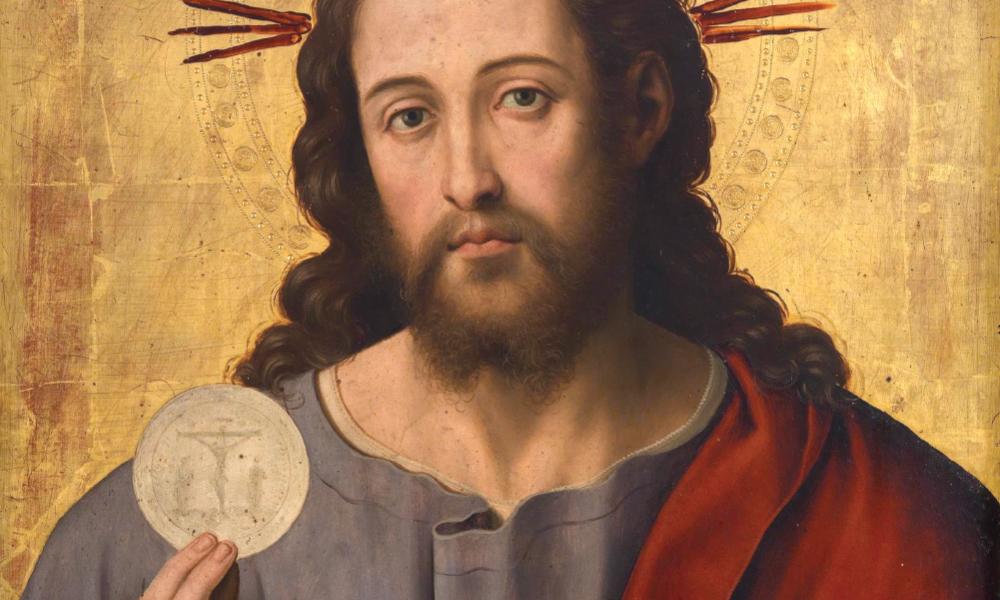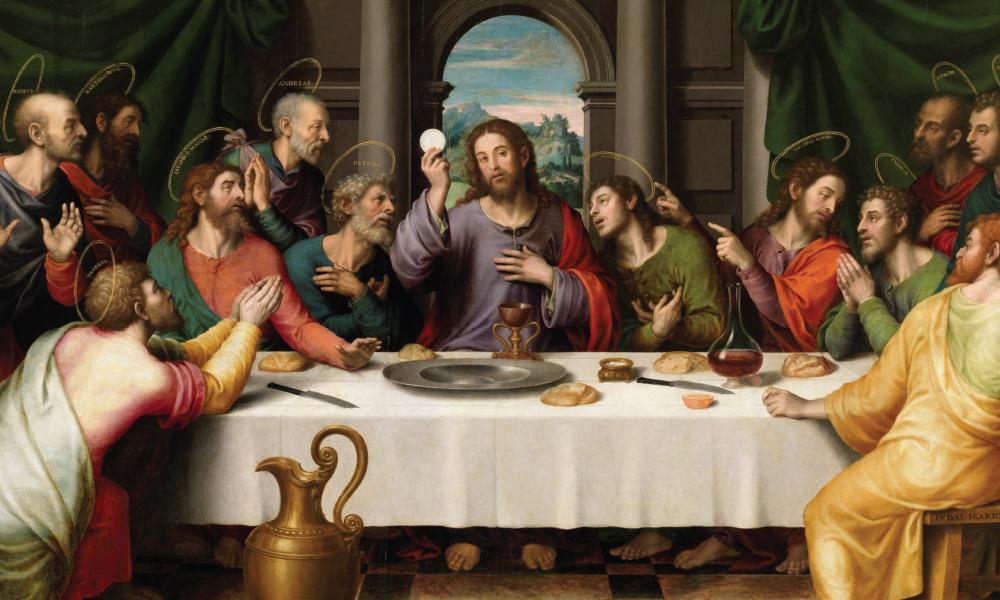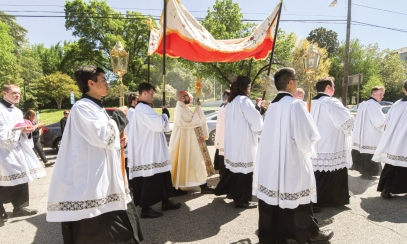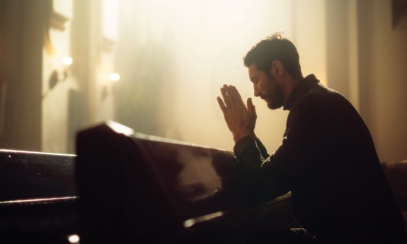
Part 5: The Eucharist
The Gifts of the Incarnation, Eucharist and Self
The Gifts of the Incarnation, Eucharist and Self
Advent and Christmas are seasons where we often see the best of human attitudes and intentions, like generosity and love, although it is sometimes mixed with some of the worst of human attitudes, like materialism and superficiality. This time of year we also hear a lot of positive, yet generic greeting card platitudes that reflect some of the spirituality of our secular society, but in actuality, provide a foundation for the reception of the Gospel.
Advent and Christmas are seasons where we often see the best of human attitudes and intentions, like generosity and love, although it is sometimes mixed with some of the worst of human attitudes, like materialism and superficiality. This time of year we also hear a lot of positive, yet generic greeting card platitudes that reflect some of the spirituality of our secular society, but in actuality, provide a foundation for the reception of the Gospel.
Particularly at this time of year, we hear, “to give is better than to receive.” There is a lot of truth to sentiments like this. The deeper insight behind this notion is that we are all called to give — now and any time of year — because we have first received a gift. We can only reflect God’s generosity in our actions because God is generous and has been so with us. This means the entirety of the season is primarily about what we receive, just not materialistically.
In Advent, we look forward to our Lord’s coming again. We remember and reflect upon his coming in the Incarnation — when God took on our humanity in Christ for our salvation — while being constantly aware of his abiding presence with us now.
At Christmas, this reflection continues as we celebrate the birth of Christ, the outward manifestation of the Incarnation. Jesus was already present as he grew in the womb of his mother, Mary. Once he was born, he was on display and made available to all of humanity. His birth heralded a new era — it literally changed everything.
So, what does this have to do with the gift of the Eucharist? The answer is everything.
As we have mentioned before, the logic that underlies the Eucharist and all sacraments is the same logic that underlies the Incarnation. It is the logic of presence — the radical, even scandalous, accessibility of God to his people. St. Paul quotes a hymn in his Letter to the Philippians — and if St. Paul is quoting it, the insight goes back to the prayer and worship of the earliest Christians — where he describes the Incarnation in terms of kenosis or self-emptying (Phil 2:7).
In the Incarnation, the focus of our attention during these liturgical seasons, we are given the generous and complete gift of Christ. In this self-gift, he makes himself present to change the reality he enters.
Christmas is about a gift that changes everything when it is received.
When we receive the Eucharist, we are receiving the complete gift of Christ. The words we use to discuss his Real Presence in the Eucharist emphasize the Incarnation. We talk about Christ as truly present “body, blood, soul and divinity.” In the Eucharist then, we encounter the same kenotic (self-emptying) gesture that we see in the Incarnation, a complete gift of self. We encounter the very one who became Incarnate, and we do so in a way that is accessible for us to receive his self-gift.
In the Eucharist, we receive Christ — the gift that changes everything. We are called in response to allow this gift to change our hearts and to give us the strength to imitate Christ’s self-giving, kenotic love in our actions.
Remember, even our selves have been given to us as a gift. So, we first give ourselves in gratitude to the Lord by active participation in worship; we receive his superabundant self-gift in return. The grace made available to us is for us to become gifts for others — we are gifts that continue to manifest his presence.
Michael Martocchio, Ph.D., is the secretary of evangelization and the director of the Office of Catechesis and Christian Initiation. Email him at mmartocchio@charlestondiocese.org.




